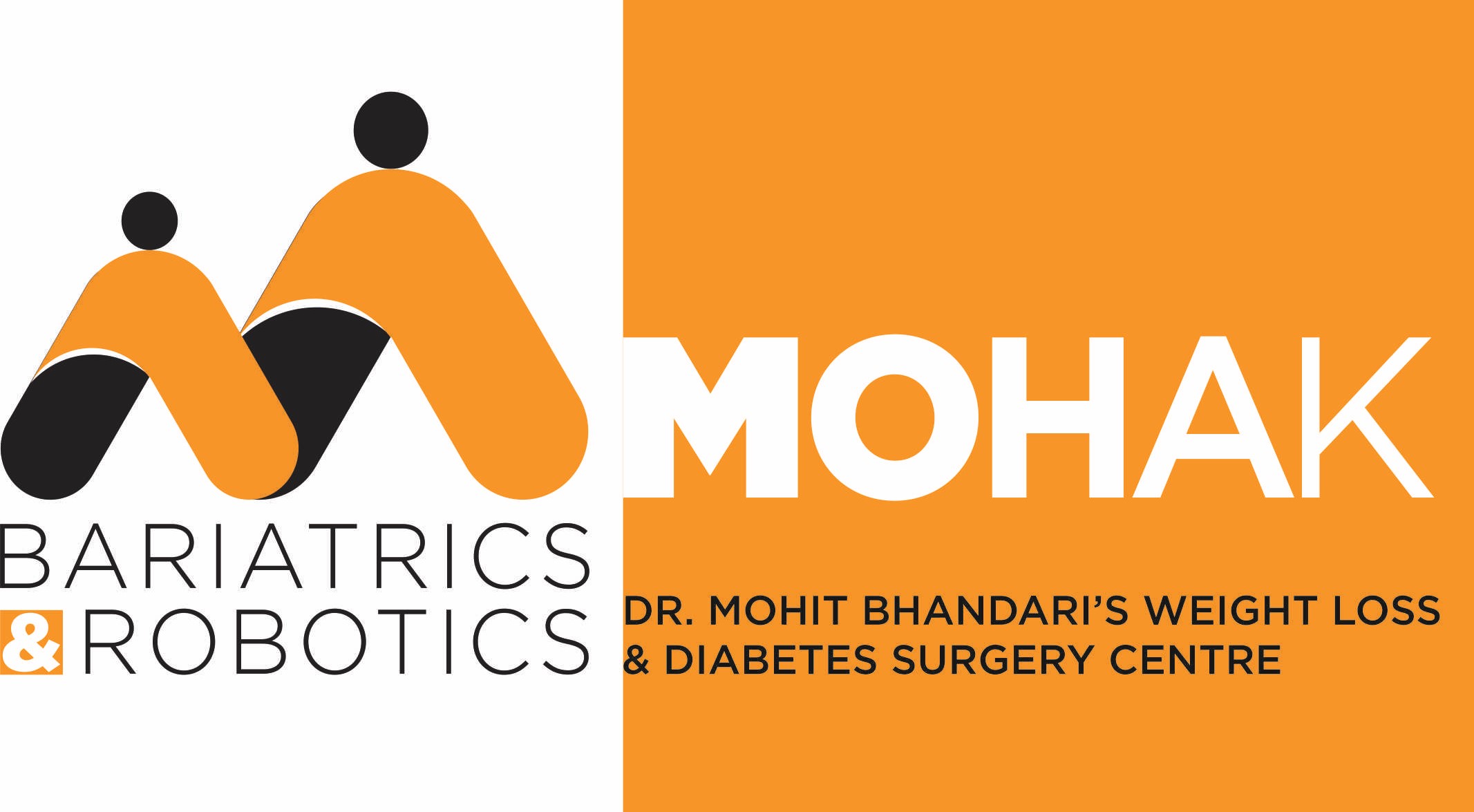One of the most important cause of Sleep Apnea is obesity. Sleep Apnea is a serious sleep disorder that causes periodic collapsing of the soft tissues of the throat during sleep and leads to the temporary cessation of breathing. Obese people tend to have thicker tissue around the throat that makes them prone to Sleep Apnea.
In a Sleep Apnea episode, the diaphragm and chest muscles work harder to open the closed airway, and large changes in the blood pressure can occur. Breathing usually resumes with a loud gasp or body jerk. This decreases the sleep quality and may reduce the flow of oxygen to vital organs. Untreated Sleep Apnea is associated with an increased risk of hypertension, heart rhythm irregularities, heart attacks, and strokes.
Around 85 percent of people suffering from Sleep Apnea are obese. Sleep Apnea occurs in about 25 percent of men and nearly 10 percent of women. It can affect people of all ages but it is most common in people over the age of 40 and those who are overweight.
After Bariatric surgery, patients notice a significant improvement in their Sleep Apnea symptoms like less snoring (if/ when not wearing CPAP) and less daytime sleepiness, within the first three months. 1-year post-surgery, about 80 to 85 percent of patients experience remission of their sleep apnea and can be weaned off their CPAP. It is of vital importance for patients to maintain their weight loss because regaining a significant amount of weight will likely cause Sleep Apnea to return.
